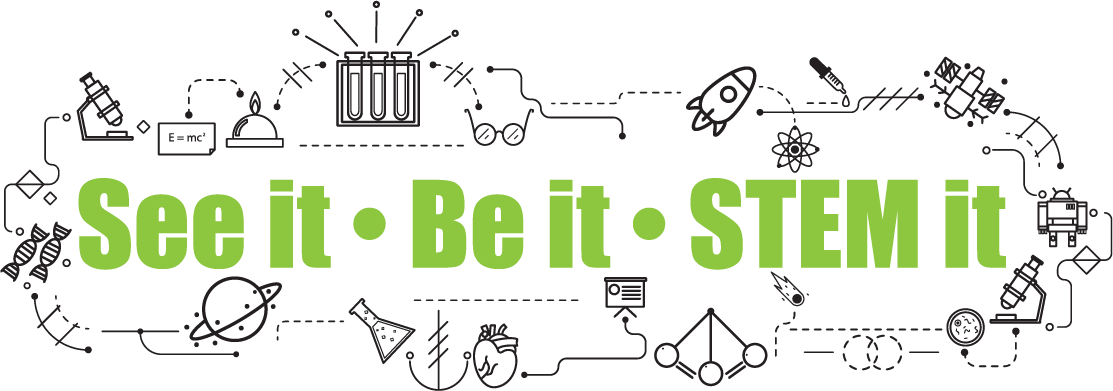Meet Tyna Hope
Tyna Hope earned her Ph.D. in Electrical Engineering from Dalhousie University. She currently develops and commercializes algorithms incorporating machine learning. In her spare time, she does weight training, reading, and volunteering to promote STEM in schools.
When did your love of STEM begin?
As a kid, I was always inquisitive and continually asking why. I remember always liking math, even in elementary school, and kids always like to work on the things that they are good at. I liked the patterns and beauty of it, and the way that there would be a right answer (unlike other subjects). I moved a lot as a child, and while the "how" of making new friends could be hard to figure out, math always made sense. I distinctly remember being in grade 8 and, after having just moved between provinces and to a much bigger city, I was introduced to an amazing scientific curriculum in my new school. This was the first time that science looked just as cool as math. It didn't hurt that the teacher was super supportive and even suggested that I could be a scientist some day! But all of this was abstract, I wasn't too focused on career choices at 13 years old. I moved yet again in grade 10 and, while being 15 and having to make friends yet again was hard, working on math and science was still fun and and way to get a break from the stress of trying to fit in. I took physics as a subject on its own starting in grade 11 and it had the same patterns and beauty as math had for me as a little kid. In fact, it renewed my interest in STEM since in some ways I had started losing interest in a math as simply a subject on its own. But the application of math to predict motion and the physical world was like having access to magic! My path to studying engineering was set when I took physics in grade 12 and was introduced to electric motor, generators, and magnetism. This was the most amazing subject and yet made so much sense. I went on to start a bachelor's degree in electrical engineering the following year.
What is the best part about working in the field of STEM?
STEM allows me to think about problems and look for solutions that will make a difference in people's lives. It allows me to work on lots of diverse projects and apply my problem solving skills.
What advice would you give young women interested in a career in STEM?
There are still people out there that will tell you its not for you but I say "They are just wrong!".


